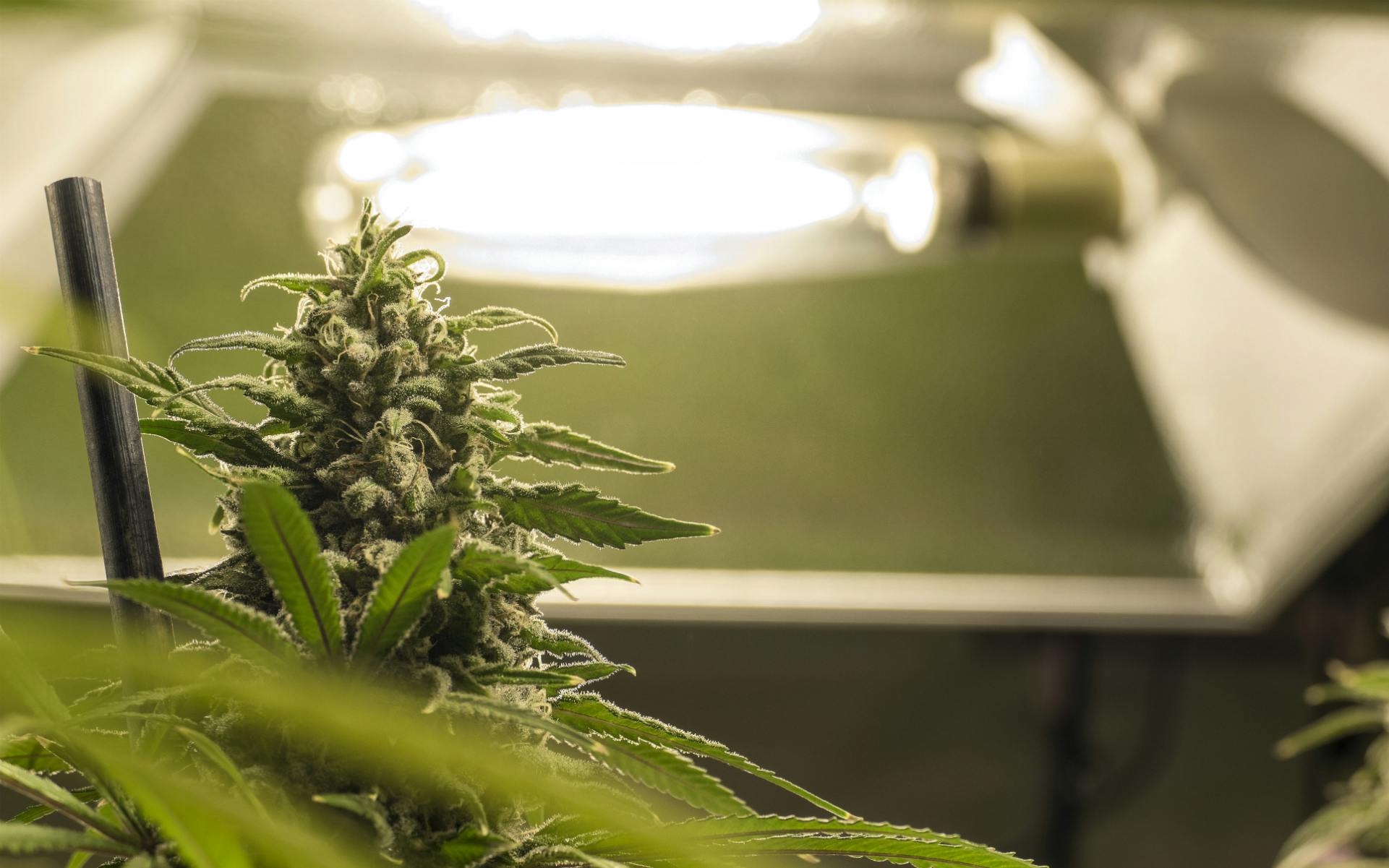LITTLE ROCK, Ark. (AP) — Weeks after he effectively halted the launch of Arkansas’ medical marijuana program, a judge is urging officials to find a way to resume evaluating applications. That’s going to be easier said than done.
Pulaski County Circuit Judge Wendell Griffen last week encouraged the state’s Medical Marijuana Commission to fix the problems he raised last month when he said the state’s process for licensing cultivation facilities violated the voter-approved 2016 constitutional amendment legalizing medical marijuana. Griffen also indicated he didn’t view his ruling against the process as appealable to the state Supreme Court yet.
“It's very sad for the patients because I think dispensaries could meet the needs of the patient pool we have now and the anticipated patient pool.”
“The court hopes that the present ruling will clear the way for the Medical Marijuana Commission and its co-defendants to proceed with the work required to properly screen, evaluate, and select medical marijuana cultivation facility licensees,” Griffen wrote in an ruling last week denying requests to lift his preliminary injunction against the licensing process.
Griffen’s ruling came the same day the state announced it was putting on hold the review of hundreds of applications from businesses that want to sell medical marijuana, citing Griffen’s earlier preliminary injunction preventing the state from issuing cultivation licenses.
Griffen last month sided with an unsuccessful applicant who claimed the state’s scoring of the 95 applicants for cultivation licenses was flawed and cited potential conflicts of interest by two of the Medical Marijuana Commission’s five members. Griffen also said the state didn’t properly verify whether the cultivation facilities were at least 3,000 feet away from daycares, schools and churches, as required by the medical marijuana amendment.
The state’s decision to stop reviewing dispensary applications for now has disheartened medical marijuana supporters. David Couch, the attorney who wrote the medical marijuana amendment voters approved two years ago, said the pause would harm patients since the dispensaries are allowed under the amendment to grow a limited amount of marijuana.
“It’s very sad for the patients because I think dispensaries could meet the needs of the patient pool we have now and the anticipated patient pool,” said Couch, who applied for cultivation and dispensary licenses. Couch said he believed the commission could make minor tweaks to its dispensary licensing process to address Griffen’s concerns over the cultivation facilities, or even switch to a new method like a lottery-style system akin to the process used for awarding liquor permits.
Finding a way to move forward on cultivation licenses may be even trickier. The state has shown no signs of dropping its plans to appeal Griffen’s ruling halting the process, and four of the successful applicants last week also filed notices that they would challenge his ruling to the state Supreme Court as well.
Those appeals set the stage for a potentially protracted legal fight that will keep the cultivation licensing in limbo even further. Griffen, however, has pointed to past Supreme Court and Appeals Court rulings that a decision sending an action back to an administrative agency for further proceedings is not a final order that can be appealed.
But overhauling the licensing process or re-evaluating the 95 applications to grow medical marijuana is also problematic. The five successful applicants are unlikely to accept a do-over after already being awarded licenses once. Most of the successful applicants had tried to convince Griffen to lift his preliminary injunction, a request he denied last week. Starting from scratch is just as likely to end up before the state Supreme Court.
In his order last week, Griffen repeated his concern raised last month that “Arkansans who suffer from chronic, debilitating, and life-threatening health conditions must now endure more delay before gaining much needed access to locally grown medical marijuana because the defendants — state agencies responsible for implementing the Medical Marijuana Amendment to the Arkansas Constitution — violated their constitutional and administrative duties.”
Despite that warning, the options for avoiding a delay could be dwindling.







